has been added to your cart.
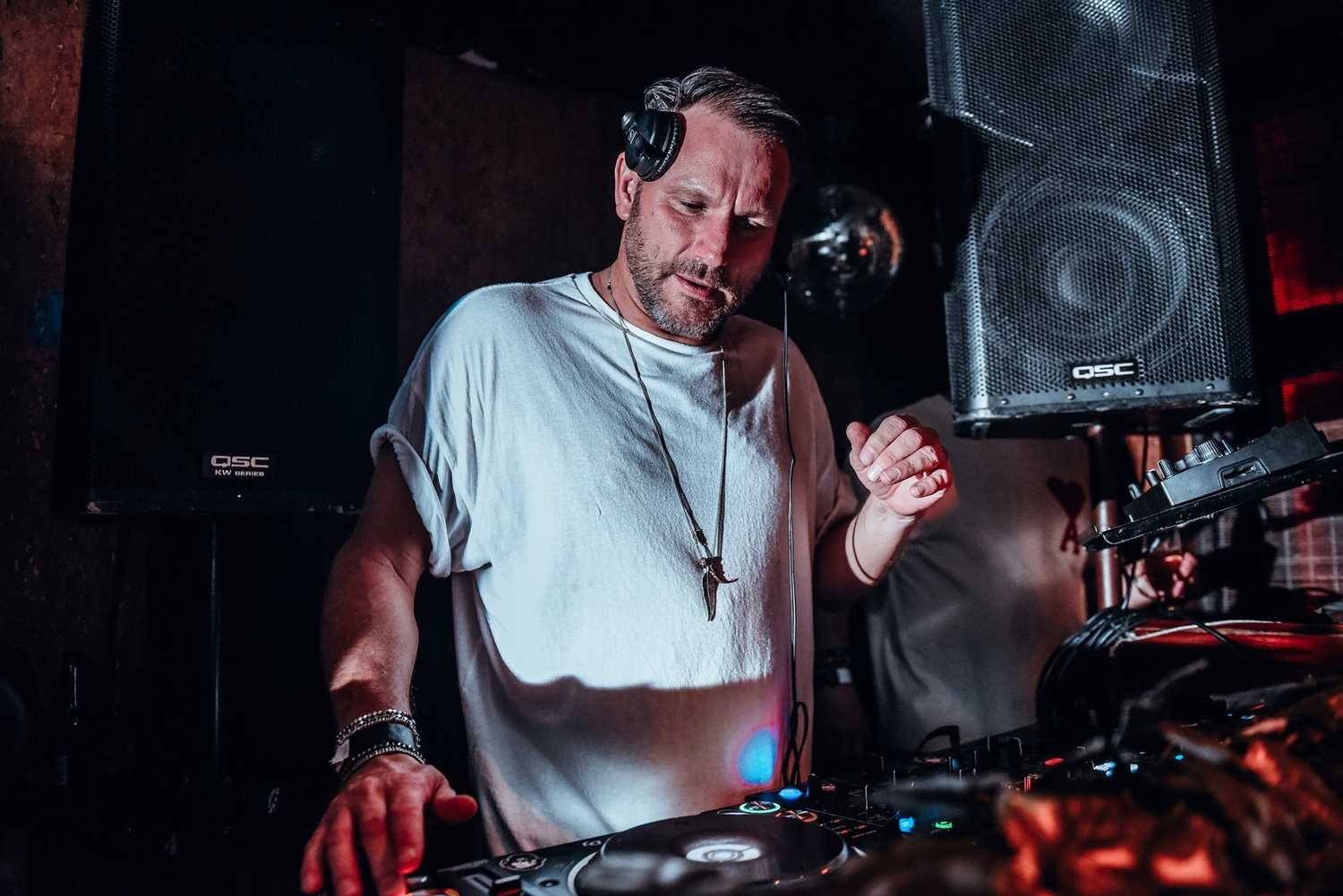
How To Be a Music Producer: Mark Knight Tells All
Today, Toolroom Records' head honcho Mark Knight is answering some of the most common questions we receive at Toolroom HQ each day. Without further ado, we present to you our latest piece: How To Be A Music Producer.
How To Be A Music Producer? We Asked Mark Knight Himself.
There’s no denying it. DJs have become modern-day rockstars. Behind every successful touring act, there is a library of intricately produced music that is a product of hard work, determination, and resilience. Even still, the question remains as to how you can go from being a bedroom DJ to becoming a professional music producer. Today, Toolroom Records’ head honcho Mark Knight is answering some of the most common questions we receive at Toolroom HQ each day. Without further ado, we present to you our latest piece: How To Be A Music Producer.
Let’s say I know nothing about music production. Where should I start?
“Your first job is to choose and learn a DAW (Digital Audio Workstation) of your choice.
There is no such thing as a perfect DAW. It all comes down to preference. Most of the common DAWs have the capacity to help you create great music, so think about what your friends use and what your budget is. Make a calculated decision from there.
Personally, I’d suggest downloading Ableton as it’s so powerful and easy to use, but I also use Logic. Besides this, you should probably pick up a decent pair of monitors and a MIDI keyboard.
Next up, you need to learn the basics of your DAW. You should start by checking out the user’s manual, but there’s so also much free content out there on YouTube that’s worth investing some time into.
The team here recently published a list of their favourite books on the topic, too.”
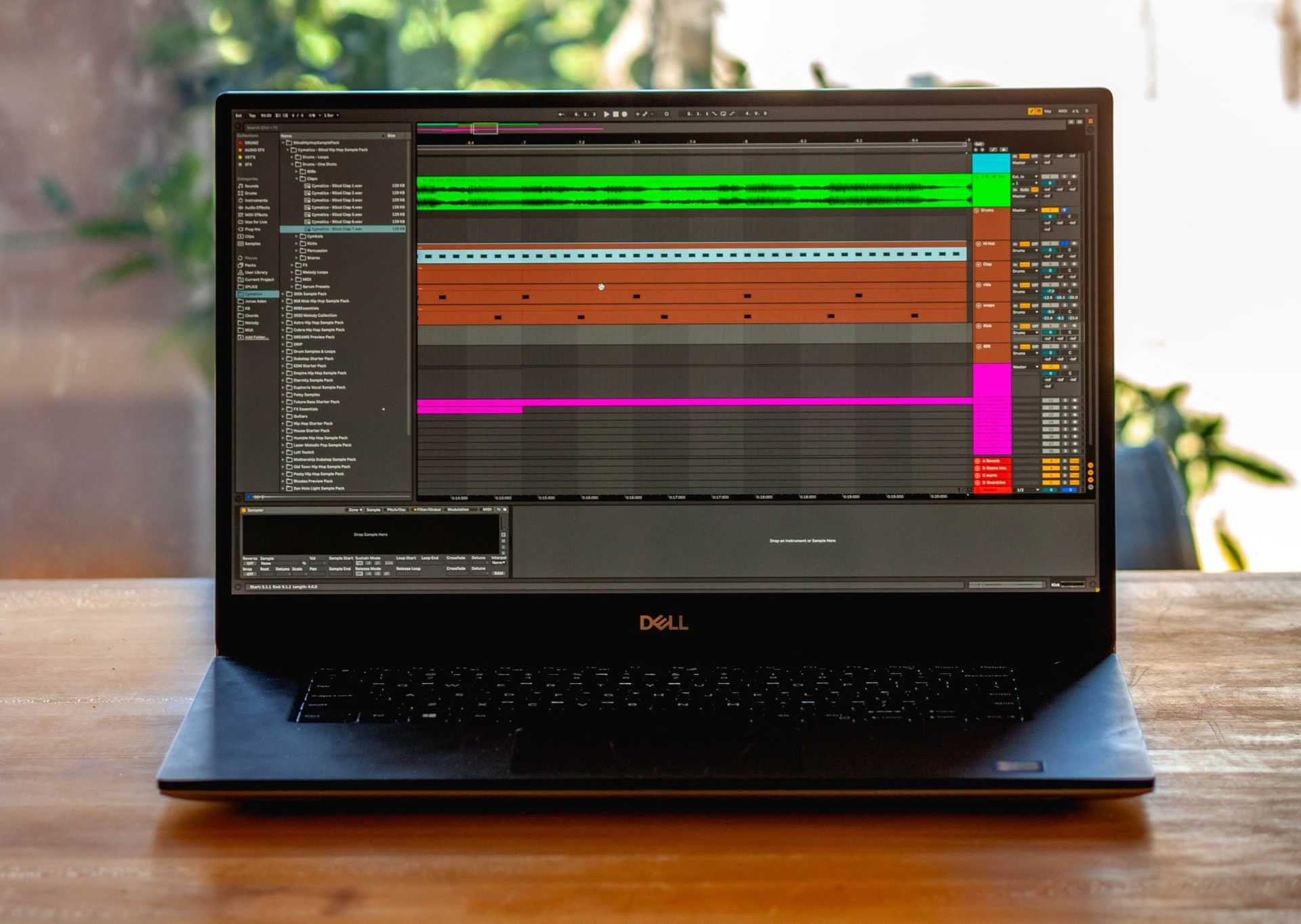
Should I get Logic or Ableton? Why?
“When it comes to value for money, I’d be lying if I said Logic doesn’t offer more ‘bang for your buck’ with a price tag of just under £200 from the App Store.
If you compare it to the significantly higher £539 for Ableton Live, it’s a no brainer to some to go with Logic Pro X.
For me, the ideas always start in Ableton. It’s far more intuitive and you can see if an idea is going to work far quicker than in Logic, that said I prefer to arrange a mix in Logic so I combine them both.”
I’m an experienced DJ. Do you think this will help me as I learn how to be a music producer?
“From personal experience, I would say definitely.
Having played at thousands of shows now, I absolutely think that my productions have become better and more effective as a result of being able to road test tracks to see what works on the dance floor.
Don’t get me wrong, you definitely don’t need to be playing regularly – or even at all – to start having a go at making records.
But, being in the situation when you’re seeing how a crowd reacts to your records is a real advantage. Ultimately the kind of music I make, at least, for the most part, is made to be listened to in clubs. To experience in a club environment is the best way to learn and progress.”
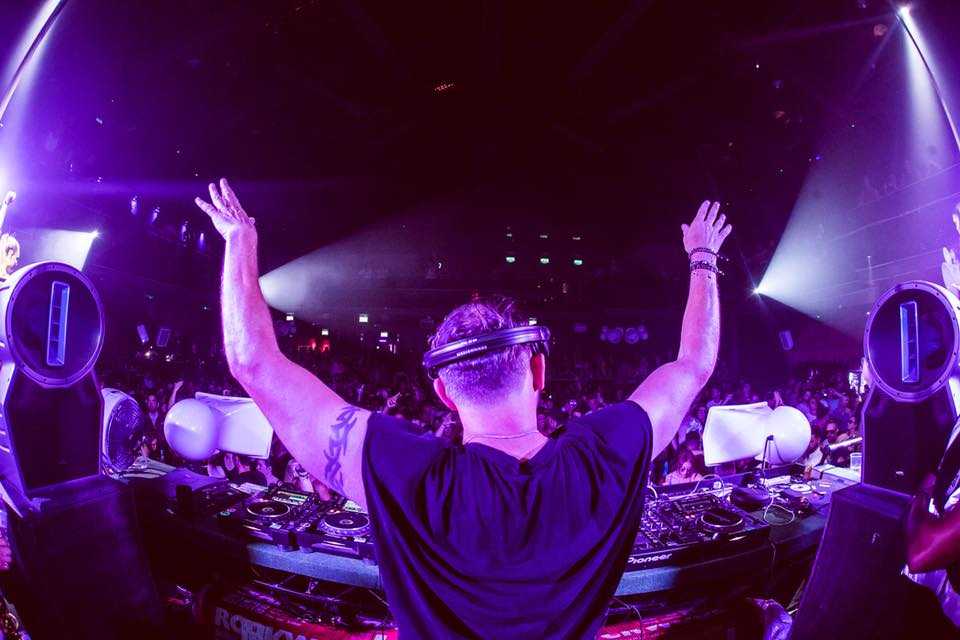
Can I work a job while learning how to be a music producer? Do I have to drop everything?
“Great question. The truth is yes you can!
No need to drop anything. In fact, our very own Ivan from Illyus and Barrientos went through two degrees, whilst trying to pursue a music career.
Needless to say, they “made it” before Ivan finished his second degree, and he still graduated. What you’re venturing into here is a business. At the end of the day, if you want to turn pro, you must have the funds to support yourself during that learning period. I would advise the sensible approach: run both concurrent until you can be financially supported by music. That’s what I did.
On top of that, investing in a course can help to take months (if not years) off of your learning curve. The bottom line is this: if you want it badly enough you will work 25 hours a day to get there. If you don’t want that sort of pressure or commitment, then it can definitely still be a fun hobby.”
I have kids. Will that prevent me from spending the necessary time to be successful?
“Of course, you can. There are no excuses here, if you want it, go get it!
We all have kids. It’s all about finding balance, working evenings, organising studio days, and maintaining momentum.
I could reel off so many budding music producers who are also full-time parents. Similarly, to working full time, once you have properly for filled your commitment to having kids (which I cannot emphasise enough, being a dad myself), find time to make it happen. It is tough, but not impossible.”
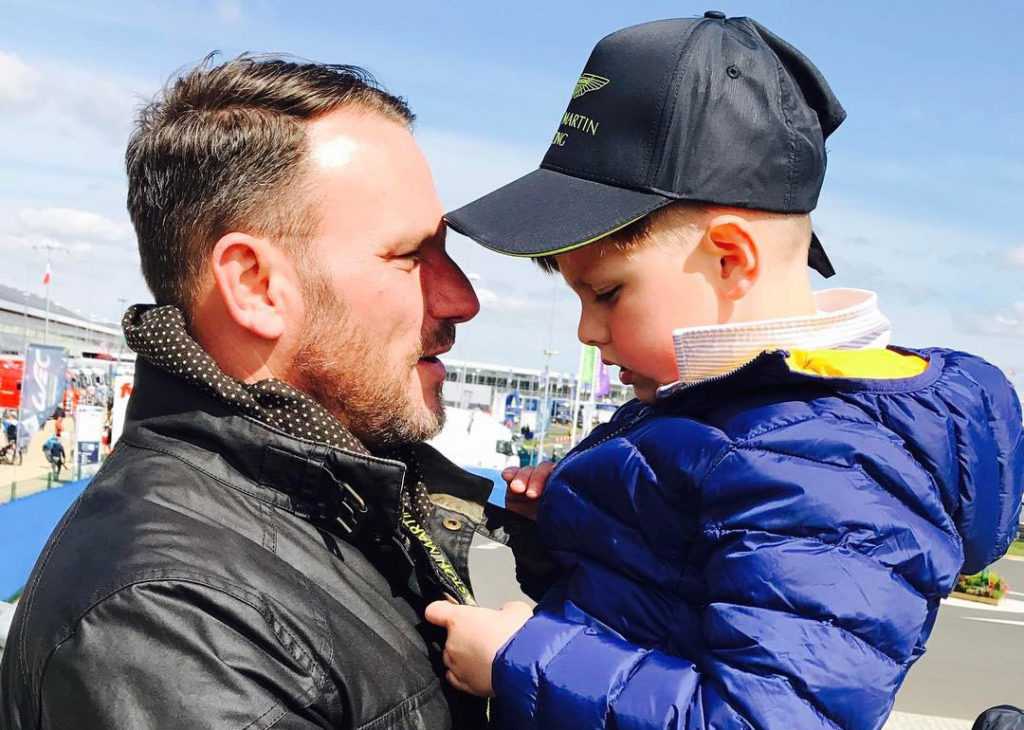
Do you have any tips on financially sustaining yourself while you are in the learning phase of your career?
“Do whatever it takes.
If you’re serious about making a career out of music, you should practice DJing, producing, and promoting yourself every chance you get. Your social life will suffer. Ultimately, success is mostly down to putting the hours in, combined with talent.
The barriers to music production these days are pretty low – you don’t need to be able to hire a studio. Pick up a decent laptop with a DAW, and you’re off!”
How long do you think it can take from going from a novice level to having studio-quality tracks?
“Going pro isn’t an easy feat, often it takes years of experience.
More importantly, it takes a natural love and desire to get in the lab and write a track. Ultimately, getting studio-quality tracks takes as long as it takes. It’s all about taking time learning as much as you can without rushing anything. It’s something that can take a couple of years or it can take 5 years, ultimately it depends on the effort you put into your craft.
If you’re stuck, taking a course can make a world of difference.”
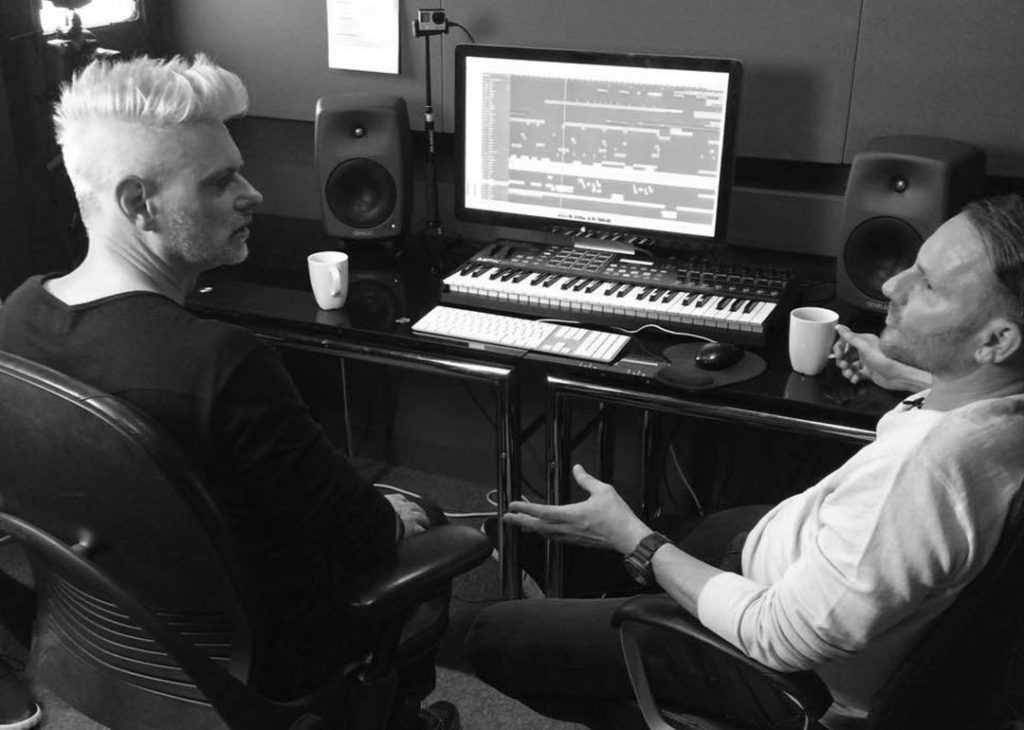
How important do you find it to be to work with others when producing?
“Being able to collaborate with other artists is a really important part of the learning process. Even if you’re super-confident in your own abilities, it’s amazing how much working with someone else can open you up to new ways of working. It can be really inspiring.
When you’re with someone else it’s usually more fun, and if one of you runs out of ideas, or can’t figure out how to get something right, the other person can usually help. Some of the tracks I’m most proud of I’ve produced alongside collaborators, so I can’t recommend it enough!”
Do you think it is important for artists to have a record label of their own?
“This is a difficult one.
At the start of your career, having a label of your own can mean that you can get your tracks out there without having to rely on labels, and that means you can be in total control of your release schedule.
This is why I set up Toolroom: to put out records of my own and people I knew and respected that weren’t being signed elsewhere. However, I think that these days with the barriers to setting up a label being so low, people are setting up labels too early in their career without really having a clear idea of what they want to achieve, and without knowing how to properly run one.
Personally, I think the best time is once an artist has an established identity and a bit more maturity in terms of their vision for the label. Having said that, if I followed this advice, I wouldn’t have started Toolroom… so who knows!”
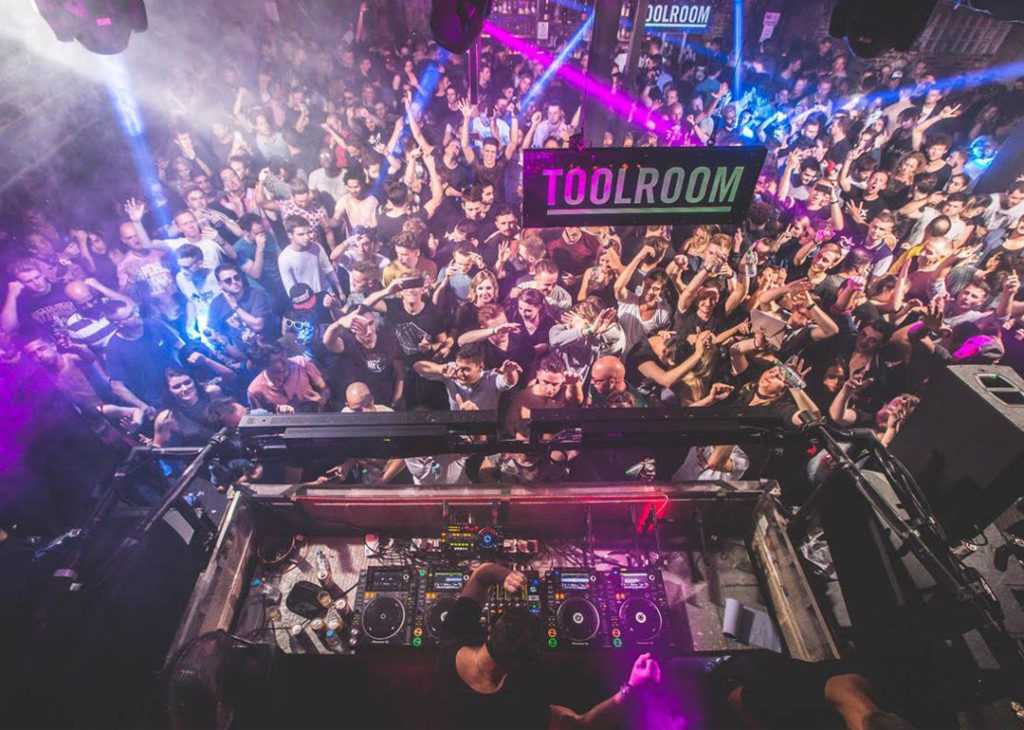
Here’s a fun one: Do you have one particular ritual you like to do before hitting the studio?
“I don’t have a ritual, but I always have a game plan of what I am going to achieve musically. That’s the biggest downfall with aspiring producers, not knowing exactly what type of track they are going to make.
It starts at point A, goes to point F, then point D…and ends up at X.
Instead, I suggest saying thinking of it like this: “I’m going to write track X because it’s a good initial idea and I have it mapped out in my head. I am going to stick with that plan.
Making a record is like building. Would a builder plan to build a bungalow and end up with a tower block? They have a plan and they stick to it, and so should you.
Also, bacon sarnies they are very important — No great track was ever written without one first. ????????????”
What is the biggest struggle you have faced as a music producer, and how did you overcome it?
“Staying relevant and at the top of my game for the past 20 years. The way I combat this is to have my own sound, something that I love, and something that I’m proud to put my name on. I try to write music with hooks and vocals things that make my records timeless.
It’s not about chasing trends as a short cut, it’s about believing in your sound and your take on house music and sticking with it through thick and thin. Yes, evolve and embrace new technology and talent.
Underpin it with soul and integrity.”
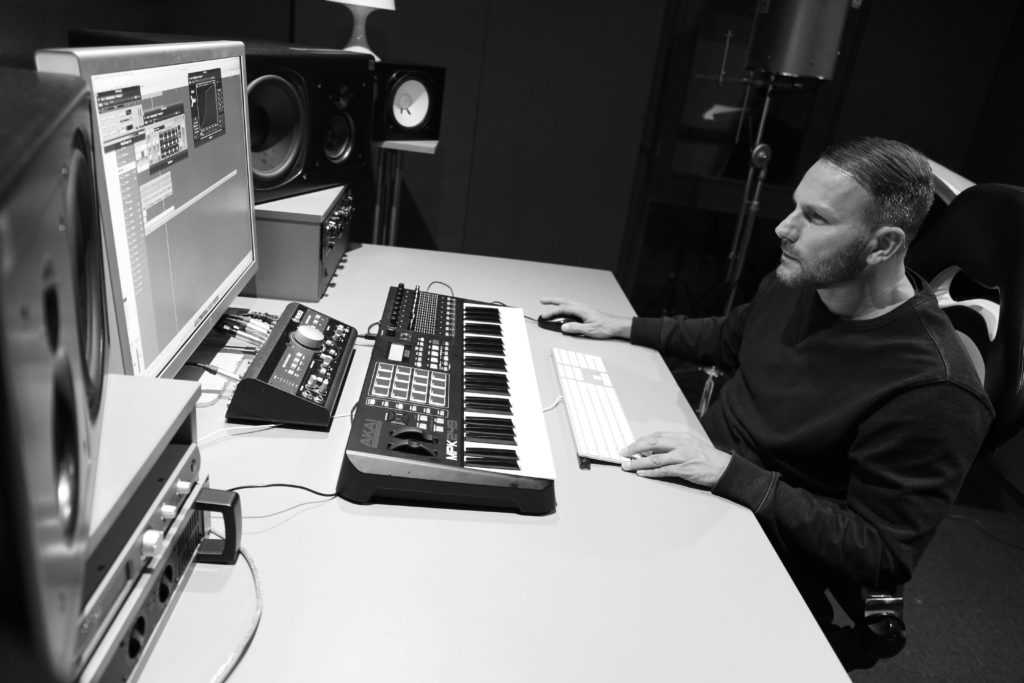
How important is it to take courses in today’s musical climate? Can’t I just learn it all on my own?
“Great question.
Naturally, you will scour the internet day and night for the solutions to your production problems. Unfortunately, there’s a dark side to getting all of your information online.
While there’s plenty of great info out there, it doesn’t take much to see that not everyone who’s blogging about music production is qualified to do so. Take it from me: the last thing you want to do is learn improper techniques and develop bad studio habits.
Quality music production courses, on the other hand, take months to write and revise. It’s a delicate process where virtually every piece of information is scrutinised. No stone is left unturned.”
What should I do if I get stuck? I can’t seem to break free of the current level of aptitude I’ve achieved, and certain things just aren’t making sense to me?
“Getting a mental block when pushing through the levels of music production is the kryptonite of music producers.
Usually, one of three things are happening: a lack of motivation, confidence or knowledge. One of the best pieces of advice I can give you is to take a break.
Too much time in front of a screen isn’t good for anyone, go for a walk and replenish your brain. On the other hand, if it’s the knowledge you need – take a production course.”
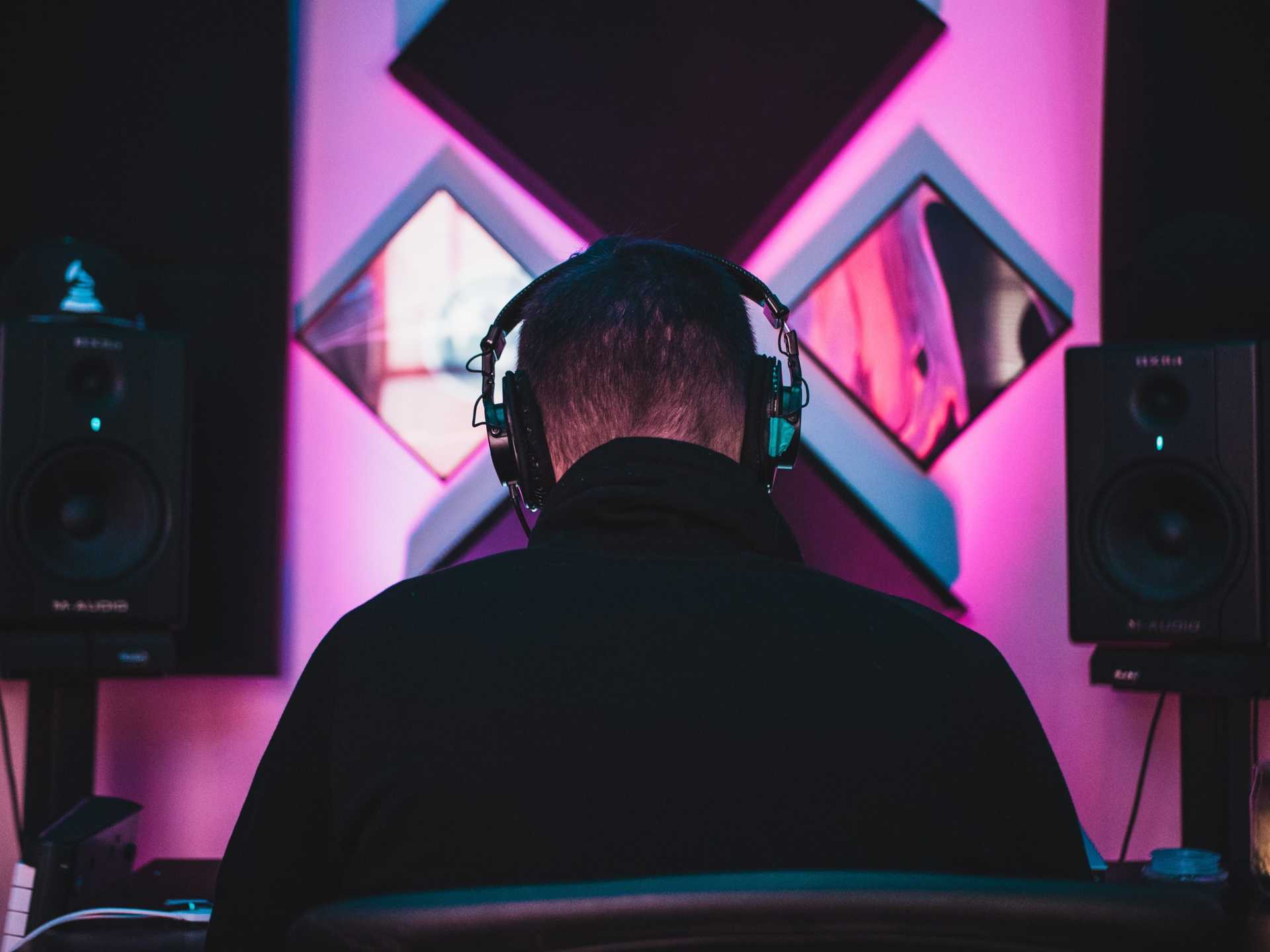
Learn How To Be a Music Producer With Toolroom Records
“At Toolroom, we’ve specifically designed courses that can help you no matter what phase of your production journey you are in.
For example, our 12 Week Production Certificate Course is designed to help you nail the foundations of making House, Tech House and Techno.
For more seasoned producers who are looking to give their tracks that extra edge, our 16 Week Creativity: Unlocked Program is here to help you stand out in today’s music scene.
These are courses that we’re proud to put our name on, as no other music education program is actually taught by professional artists who have real experience producing, performing, and making it happen.
It’s mad to think that you can learn from artists such as Ben Remember, D.Ramirez, and Leftwing: Kody. I can’t imagine a better group of people to teach you how to be a music producer.
Just recently, Jon (Leftwing) wrote the biggest anthem we’ve had all summer and grabbed the #1 spot on Beatport! Getting to work with someone like him is a rare opportunity that we’re proud to make available for the first time ever.
In the end, it all comes down to perseverance. Ultimately, it is up to you to identify when you’re struggling to break through, and it’s your job to do everything in your power to push forward.
If this sounds daunting, don’t worry. We’re here to help.
Drop us a line to inquire about our current course offerings, and someone from our team will reach out to you within 24 hours.
This could be your year. What are you waiting for? Make it happen.
Login
X
